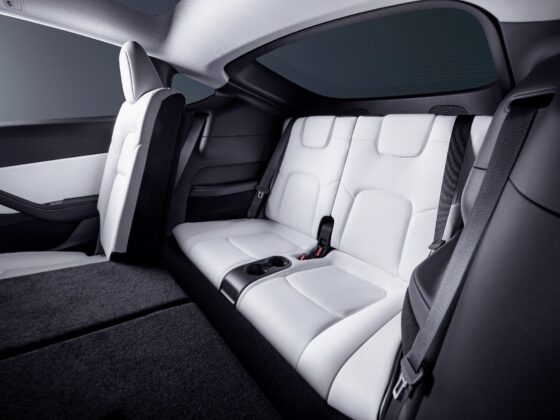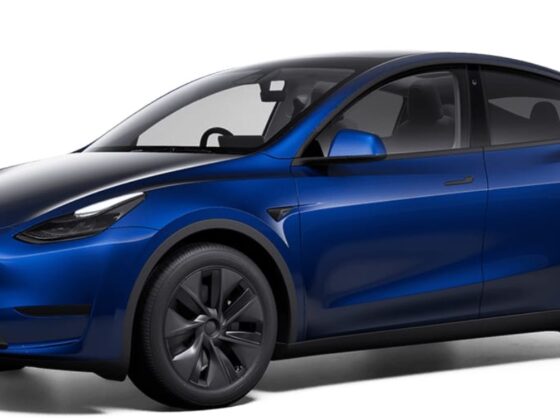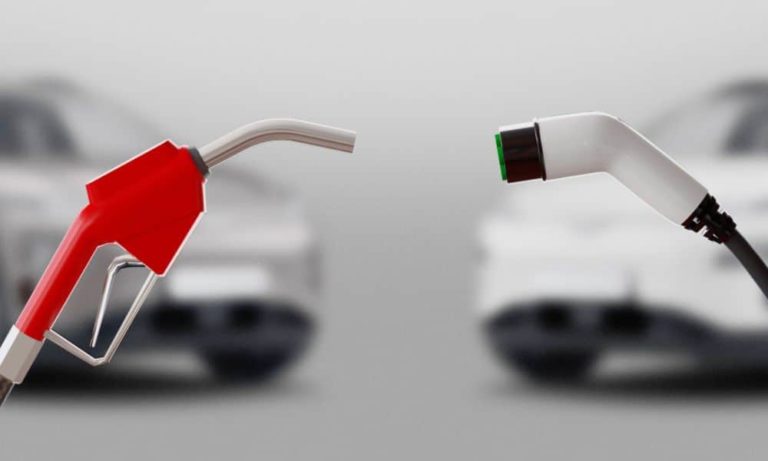
Electric, Petrol, Diesel and Hybrid Vehicles: Benefits & Drawbacks
Electric, Petrol, Diesel and Hybrid Vehicles: Benefits & Drawbacks https://wvl.co.uk/wp-content/uploads/Electric-Petrol-Diesel-and-Hybrid-Vehicles-Benefits-Drawbacks.jpg 1000 600 Anthony https://secure.gravatar.com/avatar/0ce9a76712b2ebb44190c51857fae37600a61d6fe57138c94dce31a727aa27ec?s=96&d=mm&r=gWith the 2030 cut-off for combustion engine car manufacture edging closer and fossil fuel prices soaring, we look at the pros and cons of each vehicle type to help you answer one simple question:
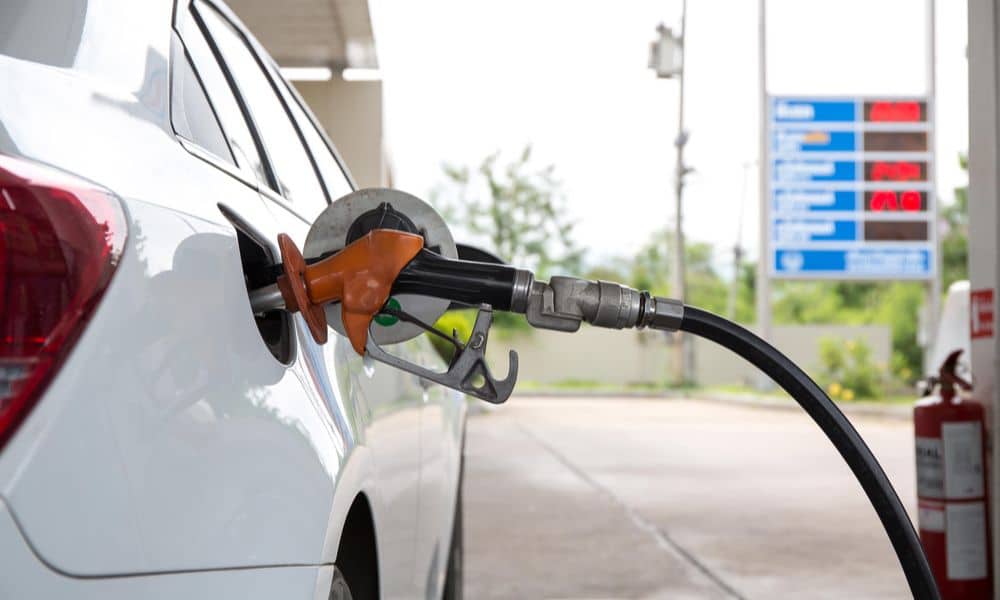
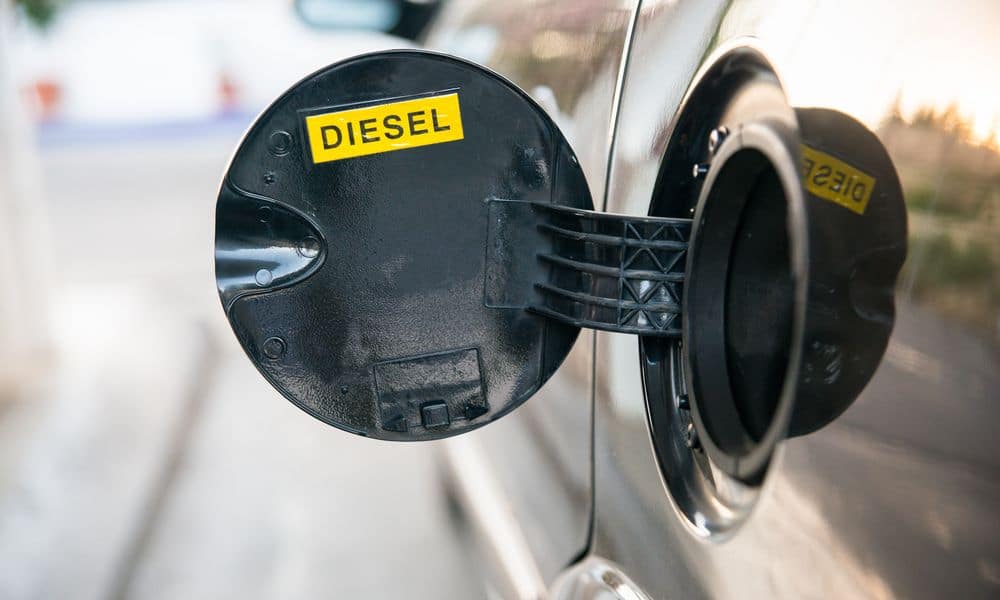
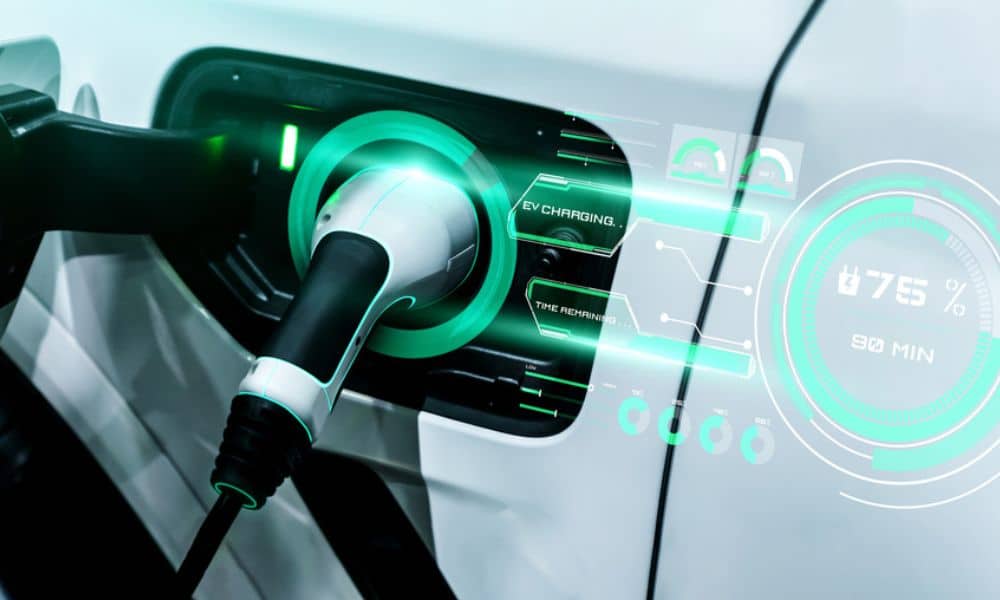
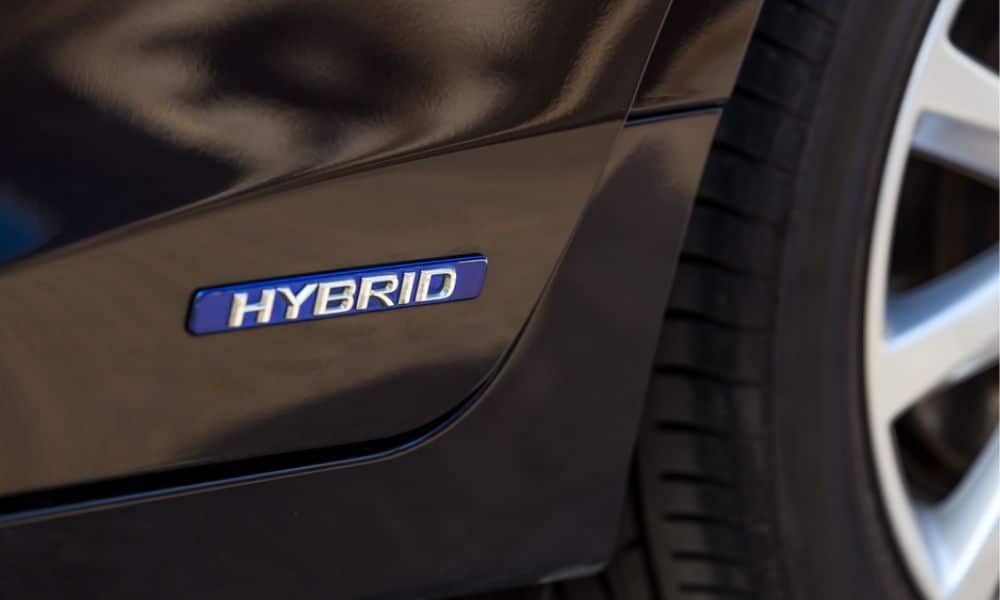
Should you get a petrol, diesel, electric or hybrid vehicle?
The move to EVs may be mandated from 2030 onwards, but with eight years to go how do the benefits of electric vehicles stack up against the more known quantity of internal combustion engine (ICE) vehicles? And what of the advantages of diesel engines over petrol engines for fleets? Read on to answer these questions and more.Petrol cars
Advantages of petrol cars
- Lower average cost of vehicles than EVs
- Takes much less time to refuel than EVs
- Fuel costs less than diesel
- Tried and tested: the most trusted way to get around for the UK motorist, with the widest variety of current vehicle options
Disadvantages of petrol cars
- Production and sale of new petrol vehicles ends in 2030
- BIK tax rates start at 25% cars with 100 g/km CO2 – far higher than electric vehicles’ 2% BiK cost
- Cost on average £600 more to run annually than EVs
- Petrol emissions undermine fleet efforts to go green and meet EU emission targets.
- Lower fuel economy: The average cost per 1,000 miles on a petrol engine is £202 – £23 more than diesel engine.

Summing up petrol cars
If you’re wondering “should I lease a petrol car or wait for electric?” the real question is: how much will the short-term cost of switching to an EV be, vs the longer-term cost of staying on petrol. And just as importantly, how long can fuel costs keep rising before the switch becomes the obvious choice for your fleet?Diesel engines
Advantages of diesel engines
- Superior fuel economy to petrol vehicles makes diesel on the whole better for long distance use – particularly in large fleets with high mileage
- Diesel engines are less complex, meaning they typically need less repairs than petrol vehicles – and fleets spend lower on maintenance fees as a result
- The average cost of fuel per 1,000 miles for diesel vehicles is £179, £23 less than petrol cars over the same distance.
Disadvantages of diesel engines
- Like petrol engine vehicles, BIK rates for diesel ones also begin at 25% and go up to 37% depending on g/km CO2 – with diesel likely to trend higher overall
- Manufacture and sale of new diesel cars ends in 2030, just like petrol ones
- The harsher greenhouse gases emitted by diesel fumes will more severely affects the ability of fleets to meet fleet emission reduction targets
- Diesel vehicles also carry on average the highest Ultra Low Emission Zone charges
- Manufacturers are already moving away from diesel, meaning supply and repair parts will dry up faster in the market than petrol equivalents.

Summing up diesel engines
Should you lease a diesel car, van or truck? In the short term, the fuel economy makes them attractive for fleets with high mileage and many vehicles. However, those same benefits may be offset by the challenge they pose to businesses looking to cut fleet emissions and avoid hefty EU sanctions by 2025 and beyond. The next two years will prove a tipping point, and savvy fleet managers may want to start weighing their electric options in the here and now.Electric vehicles
Advantages of electric vehicles
- With a fleet of EVs your company is more likely to meet EU-wide fleet CO2 emission reduction targets, namely a 15% reduction by 2025 and 37.5% (car) and 31% (van) reductions by 2030.
- EV owners (including fleets) also currently pay nothing on road tax and only 2% Benefit in Kind (BIK) tax
- EVs owners are also entirely exempt from congestion charges
- The whole, electric vehicles are more than £10 cheaper to run per 100 miles than petrol engines
- They’re also cheap per fill-up, with the average cost per charge standing at just £16.16
- The average yearly cost to run an EV meanwhile is around £1,200 – making EVs some £600 cheaper to run than petrol vehicles
- They’re cheaper to service too, by between £50-£80
- Finally, insurance costs roughly match up with fossil fuel vehicles, at least for models in the lower-to-mid range
- Total cost of ownership has been cited in some recent studies as equivalent to combustion cars, and arguably even better for some fleets depending on their individual focus
Disadvantages of electric vehicles
- EVs are currently more expensive at initial purchase, with an average cost of almost £44,000
- An average charging range 100-333 miles plus charge times of 3-10 hours to a full battery from almost empty make pure EVs frustratingly cost-ineffective for longer journeys – though this can be much faster using rapid and super-rapid chargers.
- Experts have also predicted a shortage of lithium, which could directly impact battery availability leading into the 2030 petrol vehicle production cutoff.

Summing up electric vehicles
While in the long run it is more a case of when fleets transition to electric rather than if, in 2022 the disadvantages of electric cars can feel major to many motorists – particularly fleet managers. However, with fuel costs only going up and charging points popping up everywhere, plus advances being made all the time in EV battery life and charge times, the next few years will prove decisive in this area. If you’re not considering moving at an electric future quite yet, it should at least be on your radar.Hybrids
Advantages of hybrids
- Hybrids are charged congestion charges based on their level of CO2 output, meaning they can save money over petrol and diesel
- Hybrids also offer a significantly longer driving range than EVs owing to their use of more than one fuel
- That same dual fuel use also means hybrids require fewer fuel stops on long journeys, allowing fleet drivers to reach their destination more quickly than they would in a pure electric equivalent
- Hybrids also have a lower ticket cost for the vehicle than EVs – albeit often higher than petrol or diesel ones
- Hybrids also offer more variety than EVs in your choice of fuel application:
- In full hybrids, drivers can run the vehicle on fossil fuel, electric, or both together
- Mild hybrids use both fuel types together, without offering the driver a choice. This allows for a longer range between refuelling stops
- With plug-in hybrids, drivers recharge the battery from a charge point, just like they would with a fully-fledged electric vehicle. The difference of course is that the combustion engine element allows the car to drive for far longer than EVs between charging stops
Disadvantages of hybrids
- Production and sale for hybrids end 2035. This is five years after ICE cars, but not the indefinite future that EVs represent
- Still relying on fossil fuels means hybrids will lower fleet emissions slightly, but will still contribute towards them
- BIK tax for hybrids is currently set at 23%. This is far from the 2% for full EVs, and in truth doesn’t offer much saving compared to the 25% ICE cars start at
- Many full hybrids also offer an electric-only range of around 30 miles on average. In other words, their electric engines are far more suited to short-haul commutes for private drivers than they currently are for the long-distance demands of many fleet enterprises.




